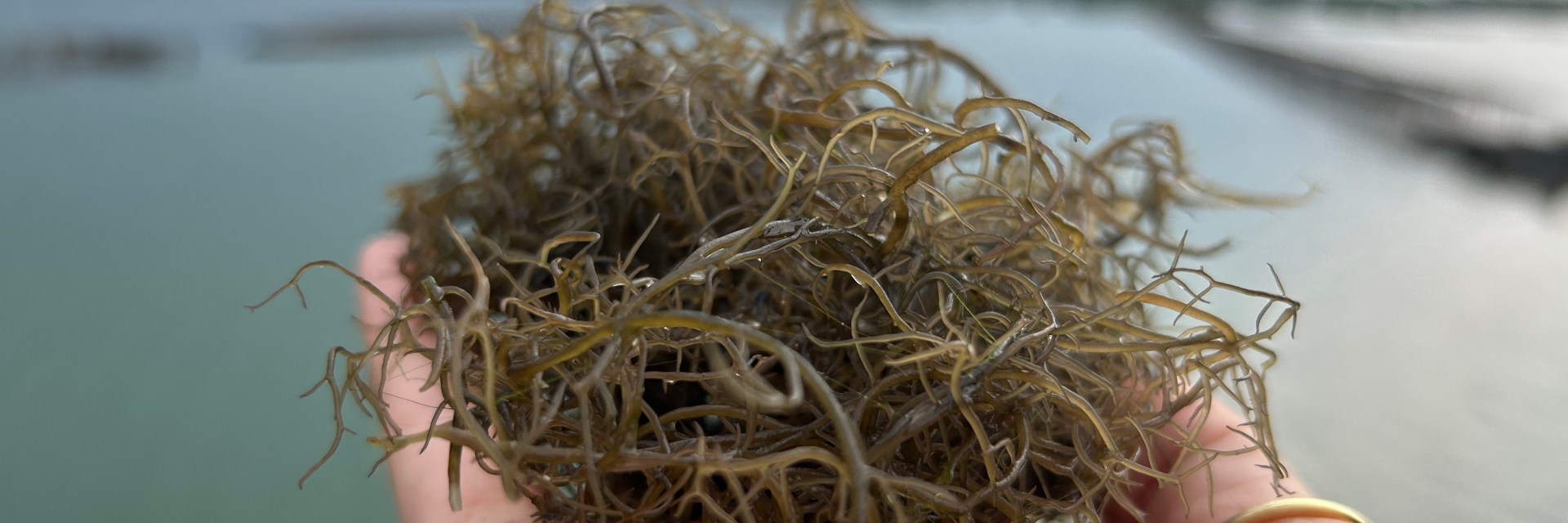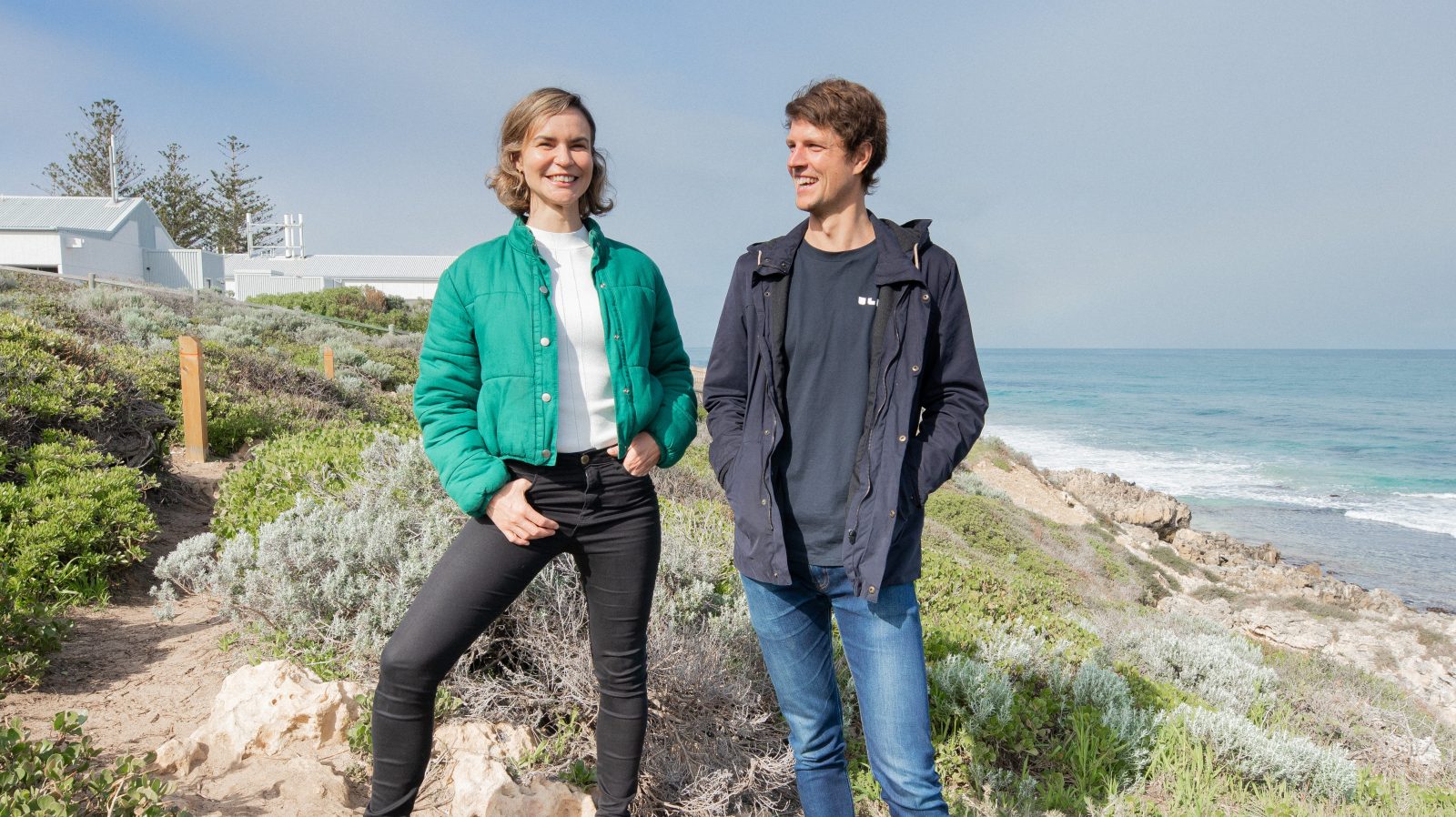The millions of tonnes of plastics that make their way into the ocean yearly have created an environmental catastrophe with far-reaching ecological and health implications. However, a growing number of scientifically led Australian organisations are changing the game when it comes to providing a solution to the international ocean plastic problem.
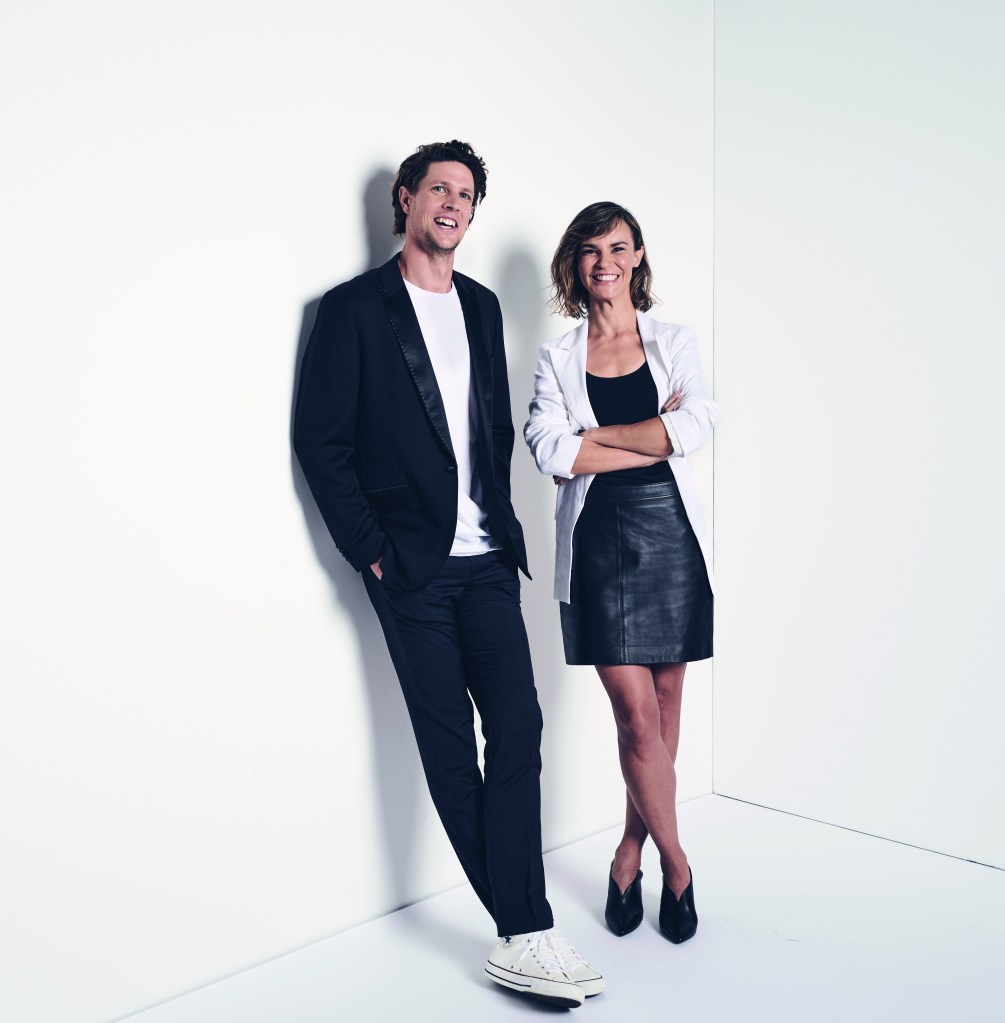
Every year, an estimated 12 million tonnes of plastic enter the world’s oceans, destroying ecosystems and impacting the environment.
In the background, a handful of Australian organizations such as Samsara Eco, Uluu and Ocean Protect are working to clean up the existing plastics in the ocean and find a sustainable, biodegradable alternative to plastics to solve the problem at its core.
A major part of improving the amount of plastic waste in the ocean is reducing the use of single-use plastics. CSRIO research shows that three-quarters of the rubbish found on Australian coastlines is plastic.
Among the top five plastic products found in the oceans are cigarette butts, bottles, food wrappers, bags and straws. Fishing equipment, such as nets and lines, as well as pollution from roads, such as the rubber residue from tyres, are also huge contributors.
The CSRIO’s venture fund, Main Ventures, has backed two Australian businesses leading the way in innovation around preventing the ocean plastics problem: Western Australia-based company Uluu, which has used a science-tech approach to create a plastics alternative from farmed seaweed and plastic recycling company Samsara Eco.
Uluu currently produces about one kilogram of plastic a week and is looking to open its first factory in Indonesia. The company has already attracted the attention of some notable backers, such as Main Sequence, Possible Ventures and Alberts.
It raised $8.6 million in its first seed round in late 2022 through both venture capital and the backing of some big-name individuals, such as supermodel Karlie Kloss, Kevin Parker from the band Tame Impala, Melvin Benn of Festival Republic, Nathan McLay of Future Class and iconic Australian chef Neil Perry.
Related
Uluu co-founder scientist Julia Reisser says that after years of academic research and helping to set up the Netherlands-based ocean cleanup organization, The Ocean Cleanup, she was driven to help solve the plastics problem at its core.
“When I finished my PhD, I was getting too depressed [with the problem]. I wanted to move from just describing the problem to translating science on the ground and finding solutions,” she says.
Reisser moved to Western Australia to work in ocean health with billionaire Andrew “Twiggy” Forrest at his foundation, Minderoo.
“Back then, Andrew Forrest was doing his PhD in Marine Science. I was helping him with that and helping the investors find opportunities, particularly in the recycling area. So, I learned a lot about recycling during that time.
“At that time, I realized business’s potential to change things. He [Andew Forrest] inspired me to step outside those walls and that with business you can grow quicker,” Reisser says.
Uluu uses polyhydroxyalkanoates – or PHAs – a natural substance derived from seaweed to create its plastic-like material. PHA’s have an unusual trait, as opposed to other naturally occurring materials such as cotton or silk, of replicating the characteristics of plastic.
“You can melt and re-melt it; it’s lightweight, and it’s waterproof,” Reisser explains. “Technically, all the plastics in the world can be replaced by PHAs.”
Uluu is currently working with companies to secure manufacturing agreements, giving it the cash flow to open its first factory in Indonesia, a country with an already established seaweed farming industry.
The company brought its first product to market in January 2023 –a small detail on the back pocket of Quicksilver’s boardshorts that surfers use to carry surf wax.
Another major success story out of CSIRO’s Main Ventures is Samsara Eco, which was born out of a partnership between the fund, The Australian National University and Woolworths.
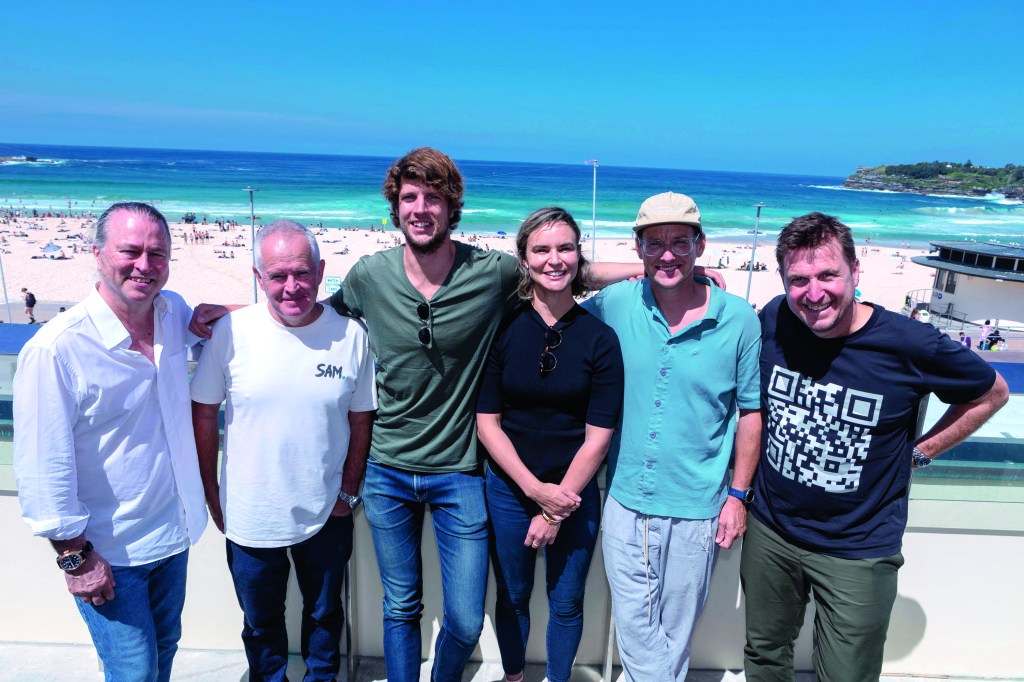
Founder and CEO Paul Riley worked as an Entrepreneur in Residence with Main Sequence, searching for technologies to resolve the plastic crisis.
“The motivation behind this work came from our concerns about the environment, particularly the impact of carbon emissions and its connections to plastic manufacturing,” Riley says. “We searched for the technology worldwide, which led us to research from the ANU, which was studying plastic-degrading enzymes at the time.”
Today, Samsara Eco – which raised $56 million in Series A funding in 2022 – has developed technology to break down plastic into its core building blocks that can be “re-built into virgin quality plastic indefinitely”.
So far, capital has been used to fund R&D and begin developing its first recycling facility, which Riley says he is keen to have running in the next few years.
Samsara recently announced a partnership with clothing manufacturer lululemon, where it provides the world’s first infinitely recycled nylon and polyester.
“Our mission is to deliver climate repair through indefinite recycling. You can’t solve the climate crisis unless you solve the plastics crisis.
“98% of single-use plastics are produced by fossil fuel, and the level of CO2 emissions associated with the production and disposal of plastic will contribute to almost a third of the global carbon budget by 2040,” Riley said, quoting UN Environment Program data.
Like Uluu’s Reisser, Riley is determined that the answer to solving the world’s ocean plastics problem is to “start where the problem lies” – how products are made and how they are recycled.
“Plastic, in itself, is not the enemy. It’s a versatile, durable and innovative material used across all industries. However, the production and disposal of plastic contributes to 1.8 billion tonnes of CO2 emissions. Every country needs to be accountable, and governments need to set policies to manage their plastics’ production and waste properly,” he said.
Carolyn Grant co-founded Sydney’s Ocean Lover’s Festival in 2019 after years of working in major events, such as the Sydney New Year’s Eve festival and Vivid Festival. She and her partner Anita Kolni wanted to take their passion for the ocean and science to a mainstream audience.
They also run the Blue Solutions Summit (March 20, 2024), which brings together entrepreneurs, scientists and business owners to showcase the latest ocean health and protection innovations.
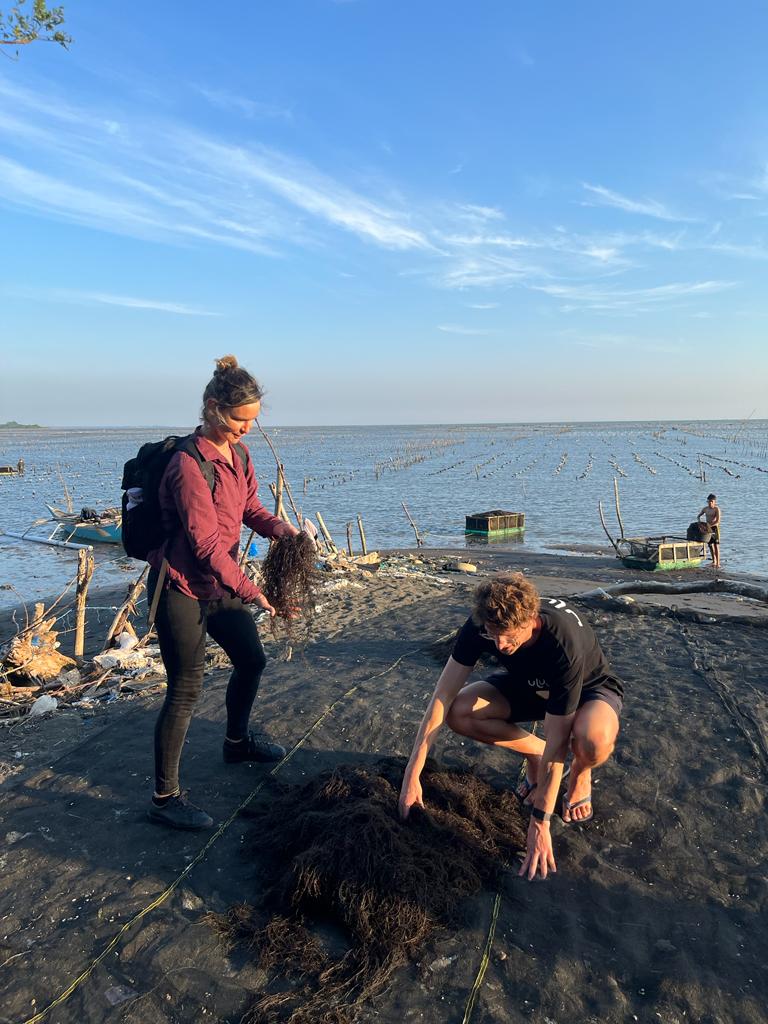
“The core of this is the science. We give a platform like the TED Talks to scientists, and we do music and art to attract the audiences,” she said.
Grant’s passion is bringing scientists, academics and businesses together in ocean health. One of Grant’s connections is Brad Dalrymple, Principal Engineer at Ocean Protect.
Ocean Protect provides solutions that stop plastics and other pollutants from entering the ocean. It has installed over 66,000 solutions nationwide, preventing an average of 10 tonnes of pollution daily (almost 20,000 tonnes of plastic).
“Plastic, in itself, is not the enemy. It’s a versatile, durable and innovative material used across all industries.”
“Eighty per cent of all plastic in our ocean comes from land-based sources, and the key way it gets there is via stormwater. At Ocean Protect, we install devices to intercept and stop pollution from entering the oceans,” Dalrymple says.
Dalrymple says that while the technology is highly effective at stopping plastic from entering waterways, a huge barrier to that growth is that its devices are usually limited to installation in new development areas.
“For a new development, you have got to achieve certain pollution reduction targets, and they need to put something like what we offer to do that,” he says. “But the big problem in Australia and globally is that existing urbanized areas don’t have to do anything. Everyone knows it’s a big issue, and nobody does anything about it.”
Like Riley, Dalrymple believes that for substantial change to occur, governments must enforce tighter regulations around plastics and litigate against companies that break the laws and are responsible for mass pollution.
“I say the solution is quite easy, and I mean it. I don’t think much change needs to happen to our day-to-day living behaviours as consumers. I think it’s up to the producers, and they have got away scot-free for a long time,” he says. “There will soon be a human health link, and these companies will have to change. It won’t be a matter of choice.”
Forbes Australia Issue 9 is out now. Tap here to secure your copy.
